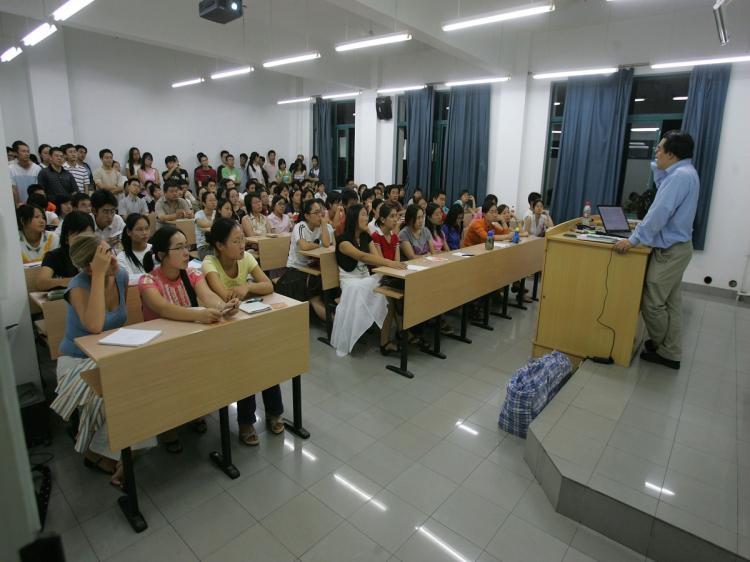The recent case of a young scientist’s suicide attempt highlights the widespread use of cheating among Chinese academics.
Lu Yan, 32, is a medical researcher and associate professor at Zhongshan Hospital, a major teaching hospital in Shanghai and affiliated with Fudan University. According to the hospital’s website, Lu’s research is focused on the pathology of type 2 diabetes and fatty liver. His work has been published in top medical journals, including the Journal of Clinical Investigation, Cell Metabolism, Gastroenterology, GUT, and Diabetes.





